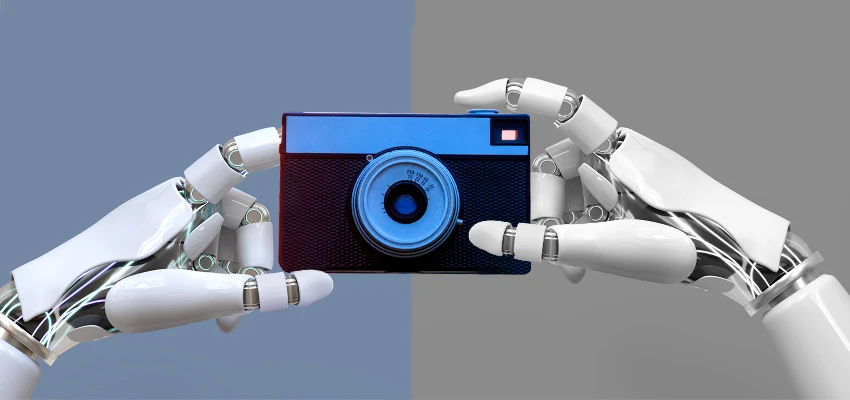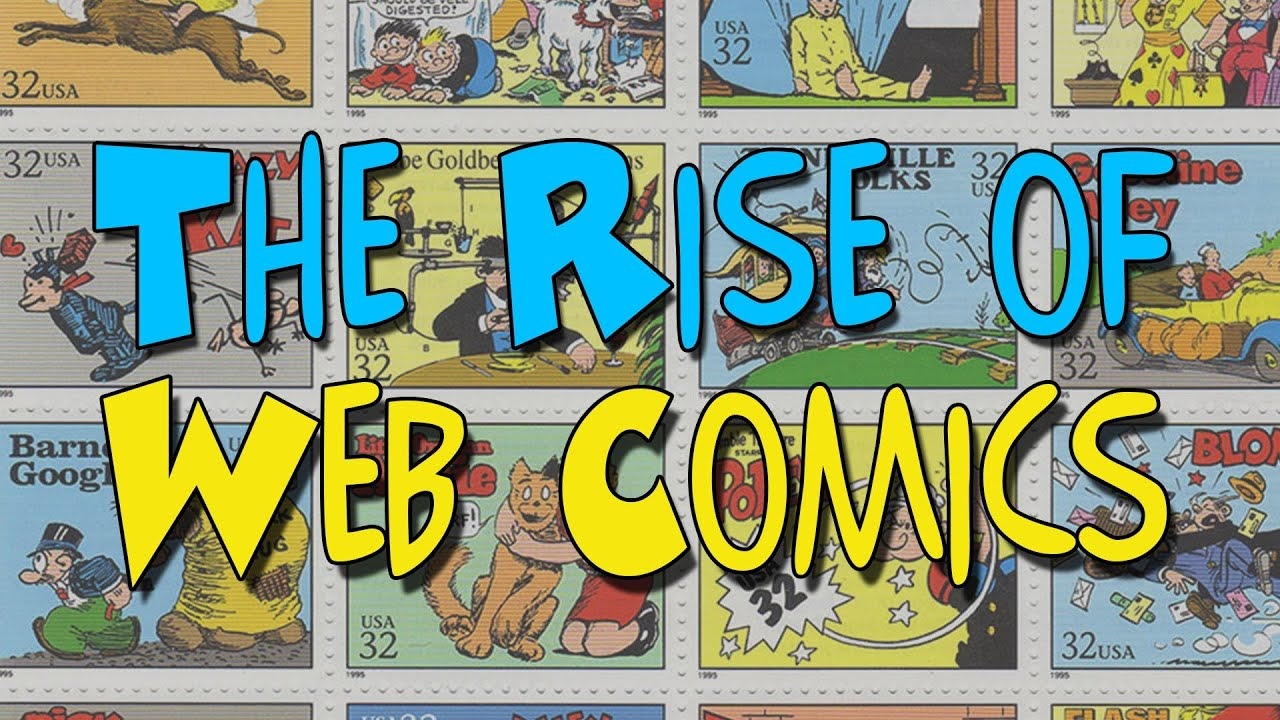Introductory humanities courses are pivotal in reshaping how new students engage with the rich tapestry of arts and humanities. As enrollment trends in these essential fields face decline, educational initiatives, like those at Harvard, strive to reignite student interest and participation. This revitalization is crucial not only for sustaining academic diversity but also for fostering critical thinking and cultural understanding among first-year students. By offering fresh, invigorating curricula, institutions aim to create engaging experiences that do more than just educate; they inspire students to appreciate the intrinsic value of humanistic study. As colleges introduce innovative approaches to their humanities courses, they are reimagining how these subjects can resonate with today’s youth, ensuring that arts and humanities remain vibrant parts of the educational landscape.
Beginning one’s academic journey with foundational courses in the humanities opens up a world of exploration and insight into human experiences and cultural expressions. These introductory classes serve as gateways, inviting students to delve into the broader realms of literature, philosophy, and the arts, while simultaneously addressing the pressing issue of waning enrollment in these disciplines. Innovative strategies in teaching aim to captivate students’ interest and sustain their engagement throughout their college experience. By incorporating diverse forms of artistic expression and critical thought, educators seek to not only enhance understanding but also to encourage personal transformations during students’ first year. Therefore, the revitalization of college humanities courses remains essential for nurturing well-rounded individuals capable of thoughtful reflection in a complex world.
Revitalizing Humanities: Engaging First-Year Students
The decline in interest in arts and humanities among college students is an alarming trend that many universities are facing. Dean Sean Kelly of Harvard has launched an initiative aimed specifically at engaging first-year students through reimagined introductory humanities courses. Recognizing that around 12 percent of incoming students express interest in these fields, but a significant number shift their focus away by the time they declare a major, Kelly and his team are determined to reignite that initial passion through innovative teaching methods and course offerings.
By focusing on engaging content that resonates with contemporary issues, the newly developed courses aim to meet students where they are. This involves tackling subjects that are influential and relevant in modern society, thus attracting the interest of freshmen. The initiative underscores the importance of the humanities by illustrating how literature, philosophy, and cultural studies play a critical role in understanding the world around us, and ultimately, our place within it.
Innovative Course Offerings: A Fresh Approach to Humanities Education
With nine new introductory courses scheduled for the fall, Harvard’s Arts and Humanities division is taking bold steps to revamp traditional academic structures. These courses, taught by distinguished professors, are specifically designed to attract students who may feel disconnected from the conventional perception of humanities. For instance, courses like “Introduction to the Medical and Health Humanities” and “Bob Dylan the Classic” offer diverse entry points into the humanities, catering to varied student interests.
This approach aims not only to bolster enrollment but also to invigorate students’ curiosity about the intricacies of human culture. By moving away from a rigid canon towards explorations of culture through popular media, such as films and literature, students are encouraged to draw connections and develop critical thinking skills that will serve them well beyond their education.
The Impact of Curriculum Changes on Declining Enrollment Trends
The introduction of new courses is a direct response to the declining enrollment trends in humanities departments nationwide. Many students entering university are unaware of the fundamental questions and philosophies that underlie the disciplines within humanities, which often leads to a lack of engagement. Dean Kelly’s initiative reflects an understanding that today’s students are driven by relevance and connection—instead of merely ticking boxes, they want a curriculum that speaks to their experiences and aspirations.
Courses such as “Translation and the Craft of Reading Carefully: A World Literature Introduction” and “Language” are designed to cultivate an appreciation for the humanities while connecting students with essential skills. By recontextualizing classic literature and philosophical discussions within today’s societal framework, these courses not only aim to enhance enrollment but also foster a deeper understanding of what it means to be educated in the liberal arts.
Rethinking Greatness: Curation of Entry-Level Humanities Texts
One challenge facing introductory humanities courses is the traditional definition of ‘great works’ in literature and philosophy. The debates of the past regarding which texts define a discipline have complicated the structure of modern humanities courses. Kelly emphasizes the need to motivate students with a curriculum that feels relevant and essential, rather than constrained by outdated debates over ‘canonicity.’ This reframing is crucial in luring back students who may have considered changing their majors.
In the new classes, instead of simply presenting monumental texts, professors are curating a mix of works that resonate with contemporary societal issues and personal inquiries. This strategy not only promotes engagement but also allows students to better grasp the deep-seated ideas that are echoed throughout human history and literature.
Connecting Disciplines: Bridging Critical and Creative Thinking
Courses like “Reading for Fiction Writers” exemplify the innovative approach that Harvard’s faculty is taking to link critical analysis with creative expression. By integrating the study of literature with the practice of writing, students learn to appreciate not only the technical aspects of storytelling but also the deeper cultural narratives at play. This interconnectedness reinforces the value of a humanities education, highlighting that sharp analytical skills enhance creative output.
Through collaborative teaching methods, professors are creating a dynamic learning environment where students can engage more thoroughly with texts and the broader questions they raise about the human condition. This not only deepens their understanding of literature but cultivates a sense of community among students, which is particularly advantageous for first-year students acclimating to a new academic landscape.
Empowering Student Identity Through Humanities Education
Kelly’s initiative is about more than just recruitment; it underscores the crucial role that humanities play in shaping student identity and understanding. The emphasis on reading great literature, contemplating philosophical ideas, and engaging with diverse arts encourages students to reflect on their own backgrounds and experiences. The humanities can serve as a powerful vehicle for personal and social exploration, which can transform new students’ perspectives and insights.
From tackling complex themes in literature to examining human health in a cultural context, these courses are designed to help students grapple with their own identities and societal roles. Understanding these aspects develops not only students’ academic skills but also their capacity for compassion, critical thought, and cultural literacy—vital competencies in today’s increasingly interconnected world.
Navigating the Future of Humanities in Higher Education
As the landscape of higher education evolves, humanities departments face significant challenges in maintaining relevance and enrollment. However, the proactive measures taken by Harvard are an example of how institutions can adapt to trends that threaten their core disciplines. The focus on innovative teaching, relevant course material, and student engagement is crucial for the sustainability of humanities education.
Ultimately, the steps being taken reflect a broader understanding within academia: that the study of arts and humanities is indispensable. As future workforce trends shift towards interdisciplinary knowledge and culturally aware professionals, the humanities will remain integral to fostering a well-rounded, critically engaged citizenry.
The Role of Arts and Humanities in Shaping Critical Thought
The arts and humanities offer invaluable frameworks for understanding complex issues and fostering critical thought. By exploring various forms of expression—whether through literature, visual arts, or performance—students are equipped with the analytical tools needed to navigate the intricacies of human experience. In an age where misinformation can easily spread, the ability to critically evaluate sources and engage meaningfully with diverse perspectives is more important than ever.
Courses that delve into fields such as philosophy, cultural management, and historical studies provide students with opportunities to develop their voice and perspective in a complex world. Through discussions and analyses, these programs encourage not only appreciation but also a deeper understanding of different cultures and ideologies. This immersive engagement fosters empathy and prepares students to tackle challenges in any career path they choose.
Fostering a Lifelong Appreciation for the Humanities
With the implementation of these new course structures, there is a hope that students will leave their introductory classes with more than just credits; they will gain a deeper appreciation for the humanities as a lifelong pursuit. Understanding fundamental human questions and cultural narratives equips students to lead enriched lives filled with critical inquiry and collaborative engagement.
By infusing the curriculum with relevance and enthusiasm, Harvard’s initiative serves as an invitation for students to explore the arts and humanities throughout their educational journey. The aim is not just to recuperate declining numbers, but to instill a lasting curiosity that inspires future generations to value and engage deeply with the humanities.
Frequently Asked Questions
What is the importance of introductory humanities courses in college education?
Introductory humanities courses play a crucial role in college education by helping students understand fundamental questions about human existence, culture, and society. Through subjects like literature, philosophy, and the arts, students gain critical thinking skills and a deeper appreciation for diverse perspectives, which are valuable for any career.
How can introductory humanities courses address declining enrollment trends?
To combat declining enrollment trends in humanities, institutions like Harvard are redesigning introductory humanities courses to engage first-year students more effectively. By making courses more relevant and appealing, educators hope to inspire students to explore the intrinsic value of arts and humanities.
What new courses are being introduced in the introductory humanities curriculum?
This fall, Harvard will launch nine new introductory humanities courses covering diverse topics such as ‘Introduction to the Medical and Health Humanities,’ ‘Migration and Border Crossing in Film and Photography,’ and ‘Humanity, Technology, and Creation.’ These courses aim to engage students and encourage them to explore the richness of the humanities.
Why are introductory humanities courses significant for first-year students?
Introductory humanities courses are significant for first-year students because they provide a foundational understanding of critical concepts that underpin the humanities. They promote engagement with essential human experiences, which helps students clarify their interests and academic goals as they transition into higher education.
How do introductory humanities courses prepare students for their future careers?
Introductory humanities courses prepare students for future careers by developing essential skills such as critical thinking, effective communication, and cultural awareness. These competencies are widely applicable in various fields and help students become more informed and empathetic global citizens.
What innovative teaching methods are being used in introductory humanities courses?
Many newly designed introductory humanities courses incorporate innovative teaching methods, such as interdisciplinary approaches, interactive discussions, and real-world applications. This encourages students to connect course material with contemporary issues, making the learning experience more engaging and relevant.
What role do arts and humanities play in understanding cultural issues?
Arts and humanities provide critical insights into cultural issues by exploring the human experience through literature, art, and history. Understanding these disciplines allows students to analyze and interpret cultural narratives deeply, fostering empathy and awareness of societal complexities.
How can first-year students benefit from the Harvard humanities initiative?
First-year students can benefit from the Harvard humanities initiative by accessing newly introduced courses designed to capture their interest and illustrate the relevance of humanities in today’s world. This initiative aims to inspire a lifelong appreciation for arts and humanities while addressing national enrollment trends.
| Key Focus | Details |
|---|---|
| New Introductory Courses | Nine new courses will be introduced in Arts and Humanities to attract first-year students. |
| Enrollment Challenges | Only about 12% of incoming first-years are interested in the humanities, with many changing their minds by graduation. |
| Courses in Demand | Creative courses in Art, Film, Theater, and Music show high student interest and enrollment. |
| Philosophy Inspiration | The Philosophy Department has seen significant growth by focusing on fundamental human questions rather than preparing students for Ph.D.s. |
| Course Titles | Notable courses include: “Introduction to Medical and Health Humanities” and “Translation and the Craft of Reading Carefully.” |
| Goals of Courses | The initiative aims to foster appreciation for the humanities’ intrinsic value beyond practical applications. |
Summary
Introductory humanities courses are essential for engaging students with the fundamental aspects of human culture. By introducing nine innovative courses at the start of the academic year, Harvard seeks to address declining interest in these vital disciplines among first-year students. The efforts led by Dean Sean Kelly focus on providing meaningful learning experiences that highlight the intrinsic value of studying arts and humanities. This approach not only aims to boost enrollment but also to enrich students’ understanding of their world, fostering a deep appreciation for literature, philosophy, and the arts that can shape their personal and academic journeys.



